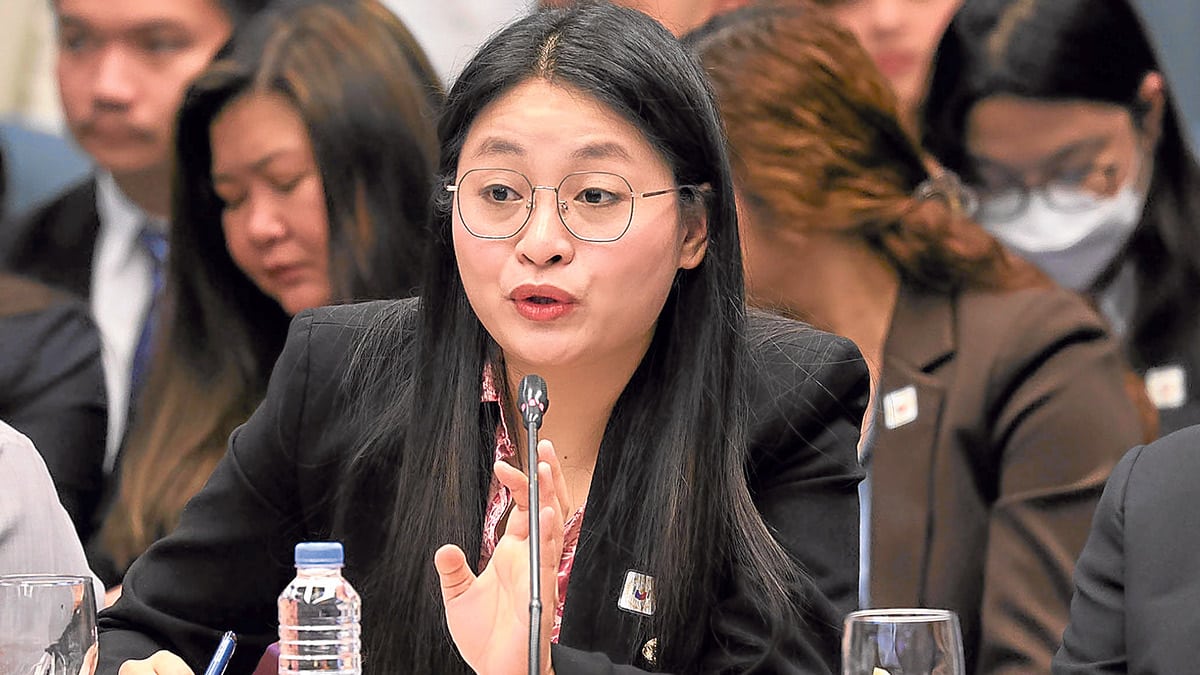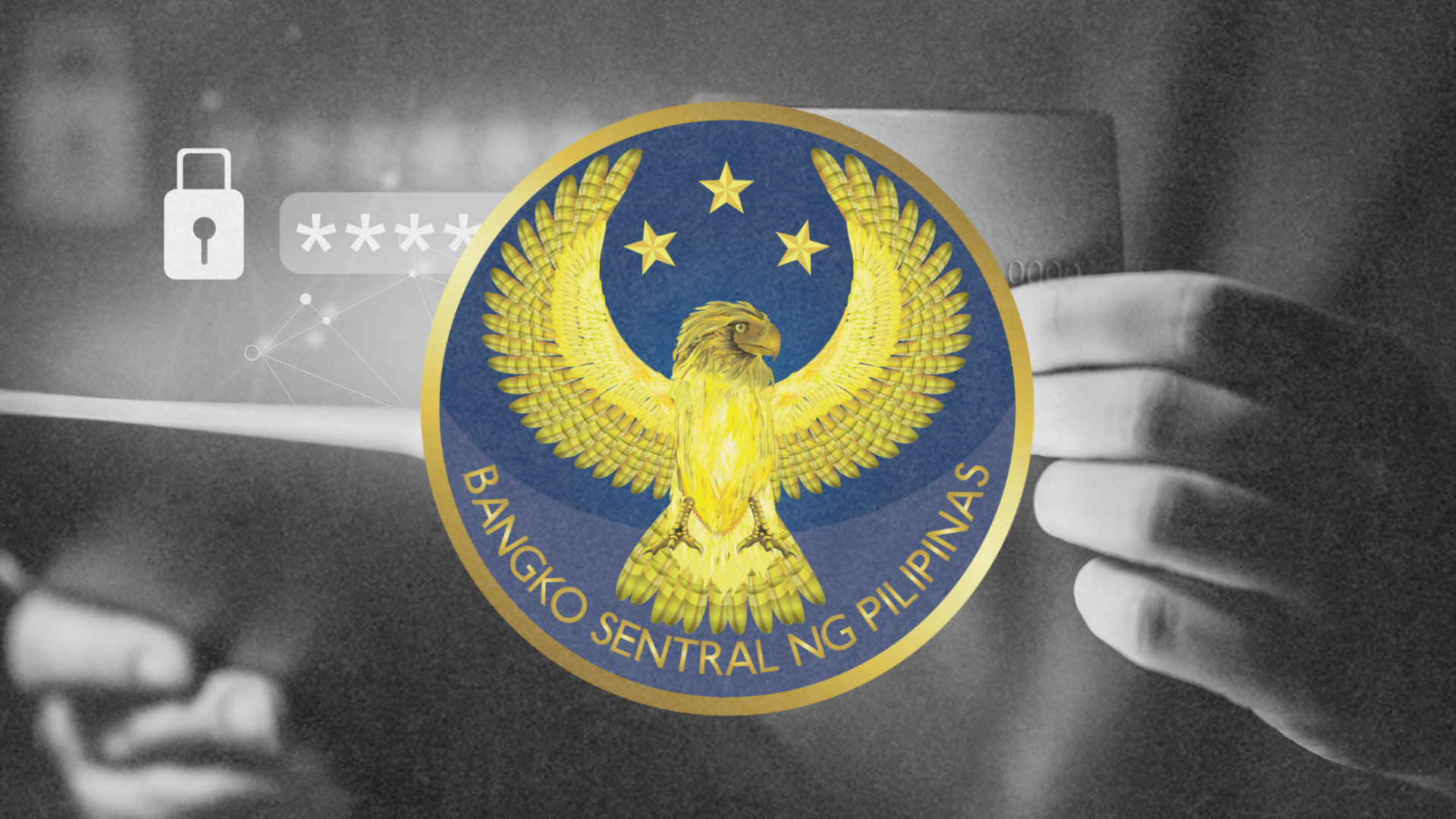The recent escape of Alice Guo, a suspended mayor implicated in the ongoing Philippine offshore gaming operators (POGO) case, has ignited a firestorm of debate regarding the intersection of wealth, privilege, and justice in the Philippines. Despite being embroiled in severe allegations, Guo’s ability to flee to Malaysia raises critical questions about systemic failures within the legal framework and the broader implications for accountability in a country where the rich often seem to evade the consequences of their actions.
The Context of Guo’s Case
Alice Guo, also known as Guo Hua Ping, was not just any ordinary citizen; she was a local government official with access to resources and connections many Filipinos could only dream of. Her involvement in the POGO industry, fraught with allegations of corruption, illegal activities, and exploitation, paints a troubling picture of governance and oversight in the Philippines. The POGO sector, which caters primarily to foreign clients, has been a significant source of revenue for the government but has also attracted criminal elements, leading to widespread concerns about its impact on local communities and the economy.
Guo’s alleged identity theft to establish a POGO raises serious questions about her legitimacy as a public official. The National Bureau of Investigation (NBI) confirmed that her fingerprints matched those on a Chinese passport, further complicating her narrative and raising suspicions about the integrity of the systems that allowed her to operate. Despite these serious allegations, Guo managed to evade authorities and flee to Malaysia, highlighting potential systemic failures within law enforcement and immigration controls.
A Pattern of Evasion: Wealth vs. Justice
Guo’s escape is not an isolated incident; rather, it indicates a troubling pattern where affluent individuals navigate the legal system with relative ease compared to ordinary citizens. This phenomenon is not unique to the Philippines; it resonates globally, where wealth often provides a shield against legal repercussions. High-profile cases involving wealthy individuals who have evaded justice are numerous, raising critical questions about the effectiveness and fairness of legal systems.
In the Philippines, this disparity is particularly pronounced. Wealthy individuals can afford legal teams that exploit loopholes, delay proceedings, and manipulate the system to their advantage. In contrast, ordinary Filipinos often lack access to quality legal representation and face harsher penalties for minor infractions. This disparity creates a two-tiered system of justice, where the affluent can escape accountability while the less fortunate bear the brunt of legal consequences.
The Role of Corruption
Corruption plays a significant role in enabling individuals like Guo to evade justice. The Philippine legal system has long been plagued by corruption issues, which undermine public trust and the rule of law. Reports of bribery, conspiracy, and favoritism are rampant, creating an environment where the wealthy can manipulate legal outcomes. This culture of corruption not only allows individuals like Guo to escape accountability but perpetuates a cycle of impunity that erodes public confidence in institutions.
The POGO industry itself has been criticized for its lack of regulation and oversight, which has led to a breeding ground for illegal activities. The government’s attempts to regulate the sector have often been met with resistance from influential stakeholders, further complicating efforts to hold individuals accountable. Guo’s case is a stark reminder of the urgent need for comprehensive reforms to address corruption and ensure that the legal system operates fairly and transparently.
Notable Escapes Reflecting Systemic Failures
Guo’s escape mirrors a troubling trend where individuals facing legal issues manage to evade justice by fleeing the country:
- Charles “Cheng” Chua: A businessman implicated in a major smuggling operation escaped arrest by leaving the Philippines. His flight highlights weaknesses in immigration controls and the challenges law enforcement faces in apprehending well-resourced suspects.
- Jovito Palparan: The former army general accused of human rights violations evaded arrest for years. His initial escape demonstrates how influential figures can avoid immediate legal consequences despite serious charges.
- Rodolfo “Rudy” Lozano: The former mayor of Talisay City faced corruption charges but managed to flee the country. His case raises concerns about how individuals with means can sidestep legal accountability.
- Kim Wong: This businessman, linked to the 2016 BPI heist, escaped the country amid investigations, showing how high-profile financial criminals can use their resources to evade justice.
- Janet Lim-Napoles: Central to the PDAF scam, Napoles initially avoided immediate detention through legal maneuvers before eventually being apprehended. Her case illustrates the difficulties in securing accountability for influential figures.
- Benhur Luy: As a whistleblower in the PDAF scandal, Luy faced threats while testifying against prominent figures. Those implicated, some of whom managed to flee, underscore the challenge of holding influential individuals accountable.
The Impact on Society
The implications of Guo’s flight extend beyond her actions; they have broader societal ramifications. When wealthy individuals evade justice, it sends a message that the law is not equally applied, fostering a sense of disillusionment among the public. Ordinary Filipinos, who often face severe consequences for minor infractions, may feel that their efforts to abide by the law are futile in a system that seemingly favors the rich.
Moreover, the erosion of trust in the legal system can have far-reaching consequences for governance and social cohesion. When citizens perceive that justice is inaccessible, they may become disenchanted with democratic processes and institutions, leading to apathy and disengagement. This disillusionment can manifest in various forms, including protests, calls for reform, and a general decline in civic participation.
The Need for Reform
Alice Guo’s case highlights the urgent need for comprehensive reforms in the Philippine legal and immigration systems. To restore public trust and ensure that justice is equitable, addressing the systemic issues that allow wealthy individuals to evade accountability is imperative. This includes strengthening oversight mechanisms, enhancing transparency, and implementing stricter regulations on industries like POGOs associated with illegal activities.
Furthermore, there is a pressing need to combat corruption at all levels of government. This requires punitive measures against corrupt officials and proactive measures to promote integrity and accountability within institutions. Establishing independent bodies to investigate corruption allegations and ensure that whistleblowers are protected can help create an environment where accountability is prioritized.
The case of Alice Guo serves as a wake-up call for the Philippines. It is a stark reminder that the fight for justice is ongoing and that systemic issues must be addressed to create a fair and equitable legal system. Citizens, civil society organizations, and government officials must come together to advocate for reforms that ensure accountability and transparency.
As the public grapples with the implications of Guo’s flight, it is essential to recognize that this is not just a legal issue but a moral one. The pursuit of justice should not be contingent upon wealth or status. It is a fundamental right that should be accessible to all, regardless of background.
Alice Guo’s escape to Malaysia amid the POGO controversy is more than just a case of one individual eluding justice; it reflects a systemic issue that allows the wealthy to circumvent legal accountability. The Philippine legal system must evolve to ensure that all individuals, regardless of their financial status, are held accountable for their actions. The question remains: how many more like Guo will slip through the cracks, and what does this say about the state of justice in the Philippines? The time for reform is now, and the nation must confront these challenges head-on to build a more just and equitable society for all.






